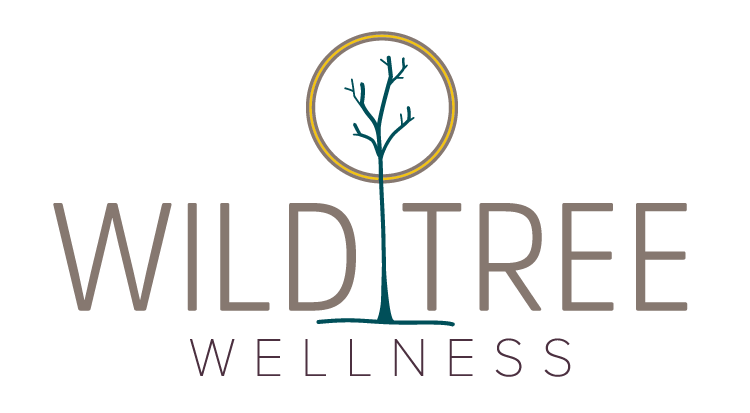Codependency: 4 Steps to Free Yourself
“Be yourself; everyone else is already taken.” –Oscar Wilde codependency
People sometimes feel like they have lost themselves, lost trust in their thoughts and feelings, and want to please others before themselves for fear of what might happen if they don’t. Sometimes this is a product of codependency. Codependency is defined as a psychological condition or relationship in which a person manifesting low self-esteem and a strong desire for approval has an unhealthy attachment to another person and places the needs of that person before his or her own. Often, a person tries to satisfy the needs of another who is controlling or manipulative and who may have an addictive or emotionally unstable personality. If this rings true for you, perhaps how you grew up, how you learned to be in relationships, or resembles a new relationship, you might be wondering how to free yourself from it. Below are 4 first steps to take when looking to free yourself from codependency.
Get to know yourself: Spend time asking yourself simple questions around your likes, dislikes, your values, and desires. Codependent relationships often result in us losing ourselves in some form. Reacquainting yourself with your inner opinions and desires apart from others’ is a step toward freeing yourself from putting others’ needs first.
Outline your boundaries: It can be hard to say no. And, it can be hard to put what you want first if you are used to putting others first. Recognizing that you don’t need to take responsibility for others actions, opinions, or feelings is essential. You don’t need to always be the one to arrange the lunch with your friend, you don’t always need to say ‘yes’ when asked a favor. It is not always your job to make up for what is not there. You can absolutely be supportive of others without owning responsibility for others. Relationships of all varieties require two way streets; give and take. It is ok to say no when you want to.
Trust & Honor Yourself: Be mindful of your thoughts and feelings, and trust that they are valid. Past experiences may have taught you to feel guilt, shame, or to just plain doubt that your experience is real or true. Begin to understand your motives. For example, if you are saying yes to something, are you saying yes because you want to or because someone else wants you to? Trusting and honoring yourself helps to build self-confidence, identity, and self-respect.
Practice Self-Care: Loving and accepting yourself often takes work, especially if we’ve been taught something else. It is essential to recognize what you need, and practice those things. Self-care looks different for everyone. Time alone, quiet spaces, checking items off the to-do list, practicing putting yourself first, and going to therapy are a few of many ways to practice self-care.
Practicing these are not always easy, be gentle with yourself. You will make mistakes, there will be growing pains, and you will learn from them. Owning your own happiness, accepting, and loving who you are is one of the best gift you can give to yourself; it feels good and it benefits both you and your relationships.
Written by Kelly Rachu, MA, LAMFT
Photo credit: pexels.com
